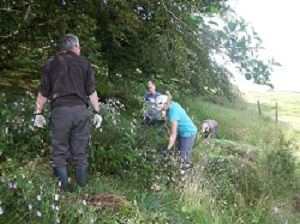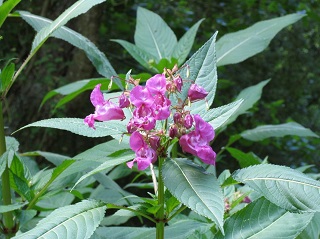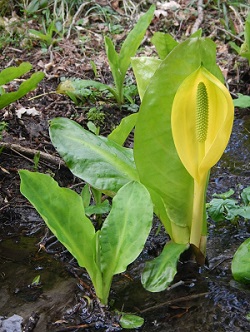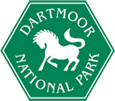Tackling invasive plants
Invasive non-native plant species are a threat Dartmoor's precious wildlife and habitats because they displace native plants and disrupt ecosystems.
Invasive non-native species can be extremely costly and difficult to manage if allowed to establish.
We’re working with the help of others to stop this from happening by finding out where the invasive plants are, and taking action to prevent their spread.
The scale of the problems means we have to prioritise where we work and which threats to tackle, but every one of us has a duty to not cause these invaders to spread from our own gardens or land, and with coordinated action we know we can make a difference where they have taken hold.
The invasive plants are harmful because they out-compete our native flora for light, space, oxygen and nutrients, something which impacts on animals and insects including dragonflies, birds and otters.
Research and monitoring has shown the biggest threats to Dartmoor’s habitats are the Himalayan Balsam and American Skunk Cabbage which is why we are focusing our efforts on these particular species.
What are we doing?

Since 2019 we've held conservation works days with volunteers helping clear these plants from woodland and lengths of river, stream, leat and ditch. This has focused on watercourses around Princetown, South Brent and Lustleigh.
We can make a real difference for the whole of Devon by making a start on Dartmoor in the headwaters or the source of the original introduction, and working downstream. The aim is to make streams, rivers and wetlands better places for wildlife and people.
About the plants

Himalayan balsam: With its pink flowers and ‘exploding’ seed pods, this plant is a familiar sight on streams and rivers. The best way of managing it is to pull the plant up before the seed pod pops and spreads down the river, where it takes hold and dominates native plants.
This Himalayan balsam factsheet (PDF) from Natural Devon has lots more information.
American skunk cabbage: This giant yellow arum lily spreads rapidly. In 2015 we found that in one river valley it had spread 1.5km from the garden where it was first introduced, and was starting to invade important wetland habitats. There's more information in this American skunk cabbage factsheet (PDF) from Natural Devon.
Tackling non-native species

While we may not entirely eradicate them, especially on rivers as large as the Dart or Tavy, we can still make a huge difference in the upper tributaries and help deal with the problem before it gets worse.
Learn more about how you can help dispose of these plants correctly if you're a gardener or retailer.
Background
This important work was initially funded from our Moor Otters arts trail. South West Water has provided additional partnership funding.
We're grateful for the cooperation and support of the farmers, landowners, the Duchy of Cornwall, community groups and willing volunteers.
